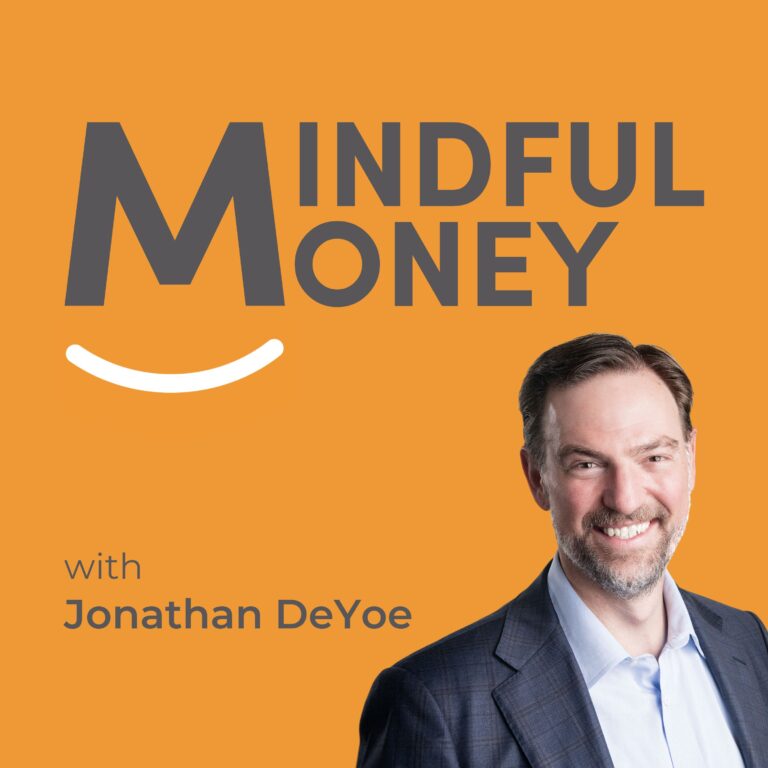The financial industry is dominated by a “beat-the-market” attitude that infects everyone, but is ineffective. Being mindful will lead to far better investment experiences and outcomes and less financial anxiety.
Education Over Headlines
2020 brought the advent of the worst global public health crisis in a century. In response, the world locked down, putting its economy into a medically induced coma. The immediate effects were:
- A savage and nearly instantaneous economic recession, accompanied by record unemployment.
- The fastest, deepest collapse in stock prices in living memory, if not ever.
- An enormous, fast, and global monetary and fiscal response, the likes of which we have never seen.
- Predictable media features claiming the end of the financial world as we know it.
The equity market crashed, from a new all-time high on Feb. 19, to a bear market low on March 23 – down 34% in 33 days. There is no historical precedent for this steep a decline in so little time. Confoundingly, it then posted its best 50 days in history. The S&P 500 closed out July 2020 at $3,271, 3.4% off its all-time high – a near complete recovery, in record time.
COVID-19 is just the latest example of an event that causes equity volatility. It is impossible to overstate the fact that a huge reason most investors fail is because they misunderstand the concept of volatility. This misunderstanding leads to fear, and the fear causes many to avoid “stock market” investing altogether.
“Volatility” does not mean “down a lot in a hurry” unless you are a writer/editor in the financial press. It only means that equity returns are unpredictable (in either direction) in the short run. Equities can be up, or down, 15%+ in any given year. CDs, bonds and cash don’t generally do that. It is the greater uncertainty of equities that obliges their premium return.
Planning Over Predicting
All successful long-term investing is goal-focused and planning-driven. All failed investing is market-focused and event-driven. Every truly successful investor we’ve ever known based his or her activities consistently (for years leading into decades) on a long-term plan. Every failed investor we’ve known continually reacted to either new-paradigms (greed) or sudden and terrifying market shocks (fear).
We’ve found that while long-term investing success may appear to be a function of the economy and the markets, it is actually more a measure of how the investor reacts — or, more accurately, how she/he declines to react.
In the planning process, we use projections to figure out how much spending is possible year-in and year-out; we learn which goals we can reach and which ones we may have to let go; we decide how much cash is necessary to keep on the sidelines; we choose a plan-appropriate asset allocation; and we constantly revisit and course-correct as people encounter big life changes.
Mindfulness Over Hubris
Mindfulness may sound a little soft at first, compared to what you ordinarily hear. Just note that the financial industry is dominated by a “beat-the-market” attitude that infects everyone — advisors, the marketing of product manufacturers (mutual funds, ETFs, etc.) and the financial media alike. Even though it is an ineffective strategy, it remains entrenched throughout the industry because, as a fantasy, it is alluring to think that someone – you – can conquer the mystery of the market.
But mindfulness is not soft, it is a powerful tool. In our usage, mindfulness is the non-judgmental awareness and acceptance of the present moment. Mindfulness helps us to focus our efforts on choices that make a difference, instead of allowing our fight-or-flight responses to create activity where no benefits can reliably be found.
Remaining mindful will lead to far better investment experiences, better investment outcomes, and less financial anxiety along the way.
We’ve developed three basic principles to apply mindfulness to personal finance:
- Mindfulness of the limitations of knowledge. No one can consistently predict markets or economies.
- Mindfulness of the plan. Successful investing is always goal-focused and planning-driven (knowing your target makes it easier to hit it).
- Mindfulness of cognitive and emotional bias. Once you have crafted your plan, mindfulness is the mechanism by which you will be able to maintain adherence to it.
Or, more simply:
“Stop Predicting – Start Planning – Stay Mindful”
Education and planning are intrinsic to attaining mindfulness; they are the only two practices that deliver reliable, long-term financial wellbeing. Whether your goal is to recover, maintain, or improve financially, the first and second steps are education and planning.
As we said, this is counter-cultural in the investment industry. To admit, as we do, that no investor can be consistently successful through better investment selection or market timing is a kind of blasphemy. Something like 95% of all financial media is focused on predicting an outcome. While we know that we can’t predict, predictions will be thrown at us all day, every day.
We know what needs doing, but faced with the overwhelming onslaught of media catastrophism, we are predictably duped into forgetting our education and browbeaten into financial misbehaviors. Without mindfulness, we will lose sight of our plan.
Mindfulness becomes the doorway to reason at the precise moment that reason is out of reach.





